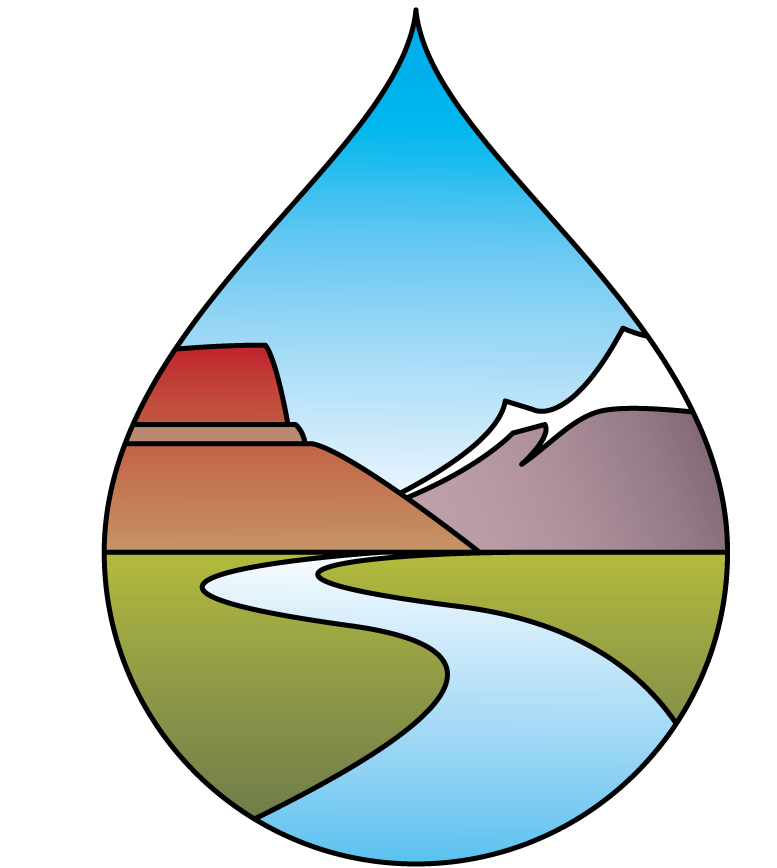Position #473 – September 16, 2021
WHEREAS, the Western States Water Council is a policy advisory body representing eighteen states, and has long been involved in western water conservation, development, protection, and management issues, and the member states and political subdivisions have long been partners in cooperative federal water and climate data collection and analysis programs; and
WHEREAS, in the West, water is a critical, vital resource and sound decision-making demands accurate and timely data on precipitation, temperature, evapotranspiration, soil moisture, snow depth, snow water content, streamflow, groundwater, water quality and similar information; and
WHEREAS, the demands for water and related climate data continue to increase, and this information is used by federal, state, tribal, and local government agencies, as well as private entities and individuals to: (1) forecast flooding, drought and other climate-related events; (2) project future water supplies for agricultural, municipal, and industrial uses; (3) estimate streamflows for hydropower production, recreation, and environmental purposes, such as for fish and wildlife management, including endangered species needs; and (4) facilitate water management and administration of water rights, decrees, and interstate compacts; and
WHEREAS, without timely and accurate information, human life, health, welfare, property, and environmental and natural resources are at considerably greater risk of loss; and
WHEREAS, critical and vital information is gathered and disseminated through a number of important federal programs including, but not limited to: (1) the Snow Survey and Water Supply Forecasting Program, administered by the National Water and Climate Center (NWCC) in Portland, Oregon, and funded through USDA’s Natural Resources Conservation Service (NRCS); (2) NWCC’s Soil and Climate Analysis Network (SCAN); (3) the U.S. Geological Survey’s (USGS) Groundwater and Streamflow Information Program (GWSIP) and National Streamflow Network, which are funded through the Department of Interior; (4) Landsat thermal data, archived and distributed by the USGS, and other remotely-sensed data acquired through the National Atmospheric and Space Administration (NASA) and its water-related missions; (5) the National Oceanic and Atmospheric Administration’s (NOAA) National Weather Service and Climate Programs Office; (6) the Environmental Protection Agency’s National Environmental Information Exchange Network (NEIEN); and (7) the Bureau of Reclamation’s Agrimet System and similar weather station networks; and
WHEREAS, state-of-the-art technology has been developed to provide real or near real-time data in formats that can be shared and used by different computer programs with the potential to vastly improve the water-related information available to decisionmakers in natural resources and emergency management, and thus better protect the public safety, welfare and the environment; and
WHEREAS, these federal programs and newly proposed projects and programs provide useful products to assist in visualizing and interpreting data on water and snow, water use, evapotranspiration and other parameters making water supply, demand and availability information more accessible and easy to interpret; and
WHEREAS, over a number of years, the lack of capital investments in water data programs has led to the discontinuance, disrepair, or obsolescence of vital equipment needed to maintain existing water resources related data gathering activities; and
WHEREAS, there is a serious need for adequate and consistent federal funding to maintain, restore, modernize, and upgrade federal water, weather and climate observation programs, not only to avoid the loss or further erosion of critical information and data, but also to address new emerging needs, with a primary focus on coordinated data collection and dissemination; and
WHEREAS, wildfires, floods, and other natural disasters have led to the significant loss of monitoring capabilities and require timely action to restore, maintain, and upgrade sensors and observing systems and networks.
NOW THEREFORE BE IT RESOLVED, that the Western States Water Council urge the Administration and the Congress to give a high priority to the allocation and appropriation of sufficient funds for these critical, vital programs, which benefit so many, yet have been or are being allowed to erode to the point that it threatens the quantity and quality of basic data provided to a myriad, growing and diffuse number of decisionmakers and stakeholders, with significantly adverse consequences.
BE IT FURTHER RESOLVED, that the Western States Water Council supports efforts to enhance and expand the availability of and access to consistent and comprehensive water supply, demand and water use data and information, such as, but not limited to, the Open Access Evapotranspiration (OpenET) data program and related federal authorizing legislation and appropriations.
Revised and Readopted (see also No. 428, 385, 345, 320, 284, 256, and 235)
